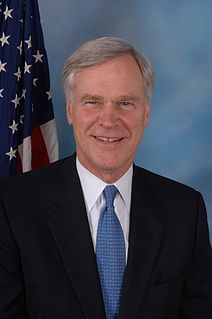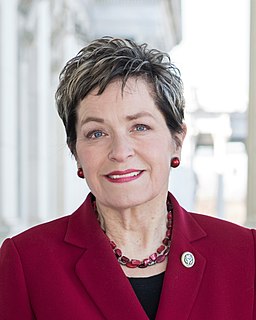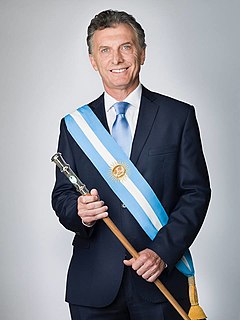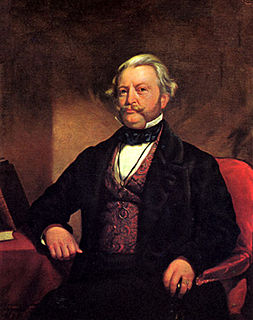A Quote by Ander Crenshaw
Ensuring ports are dredged is essential to securing America's place in global trade.
Related Quotes
The basis for securing preferential future trade terms with India begins in that recognition of essential equality. Indeed it begins in recognising that India is now an emerging global superpower whose primary interests are regional in South East Asia and who needs a deal with the U.K. less than we need one with her.
Our great civilization, here in America and across the civilized world has come upon a moment of reckoning. We've seen it in the United Kingdom, where they voted to liberate themselves from global government and global trade deal, and global immigration deals that have destroyed their sovereignty and have destroyed many of those nations.
[Barack] Obama, for example, he has not given up on cap-and-trade. Now, he has not been able to pass cap-and-trade, but cap-and-trade is all about redistribution of wealth in a global basis - taking money out of this country and giving it to third-world countries on the other end of the ocean. And that is redistribution of wealth in a global basis. It's fundamental Marxism.

































